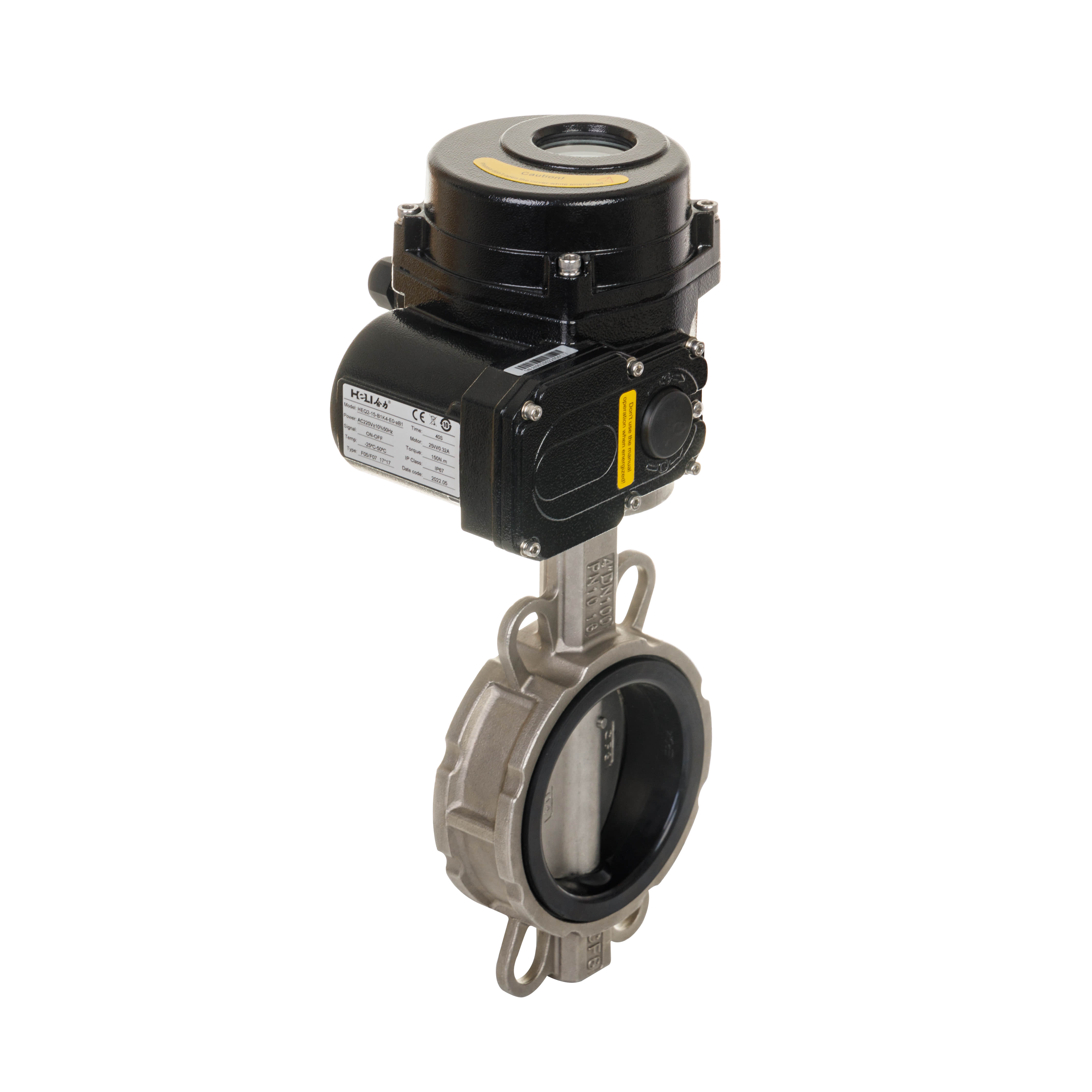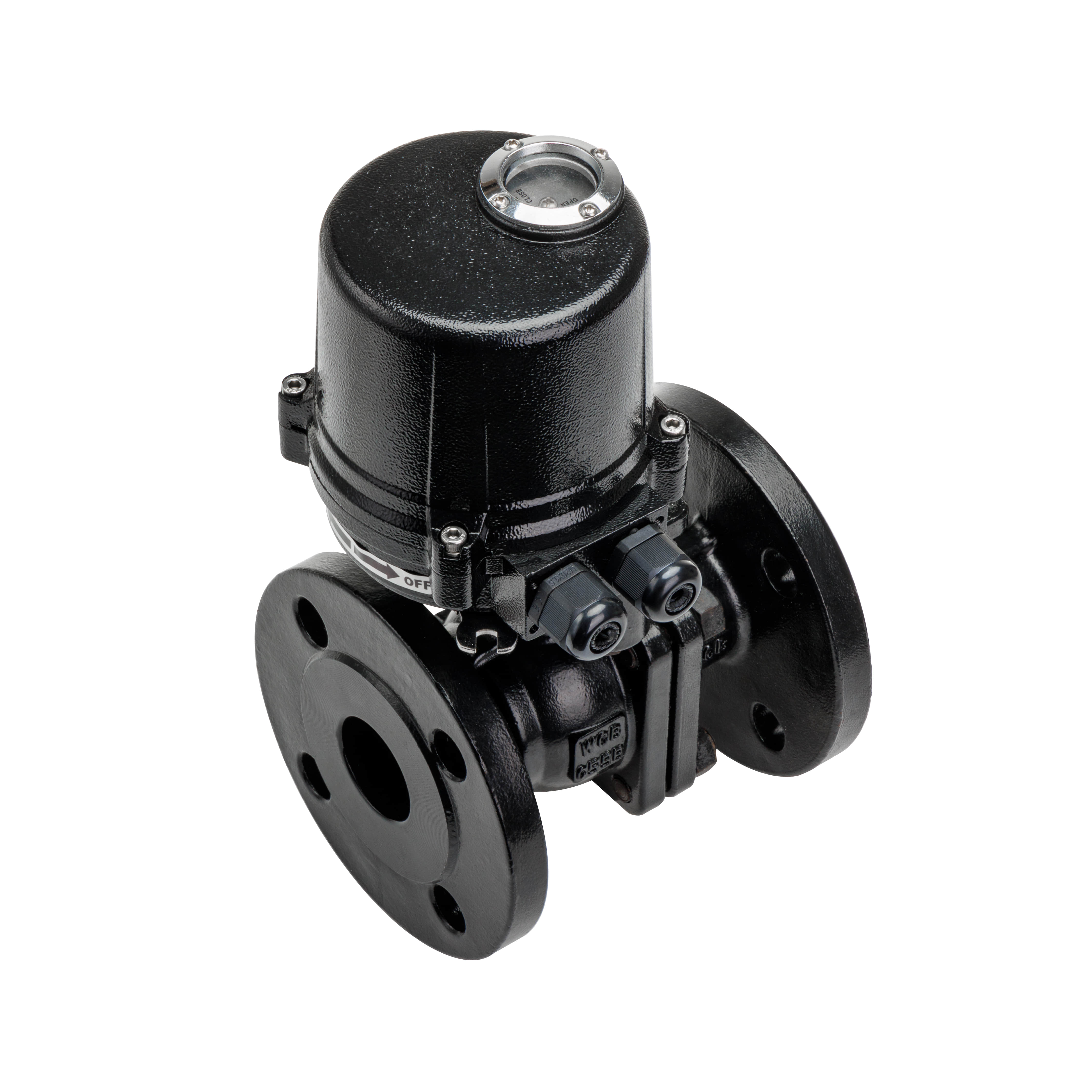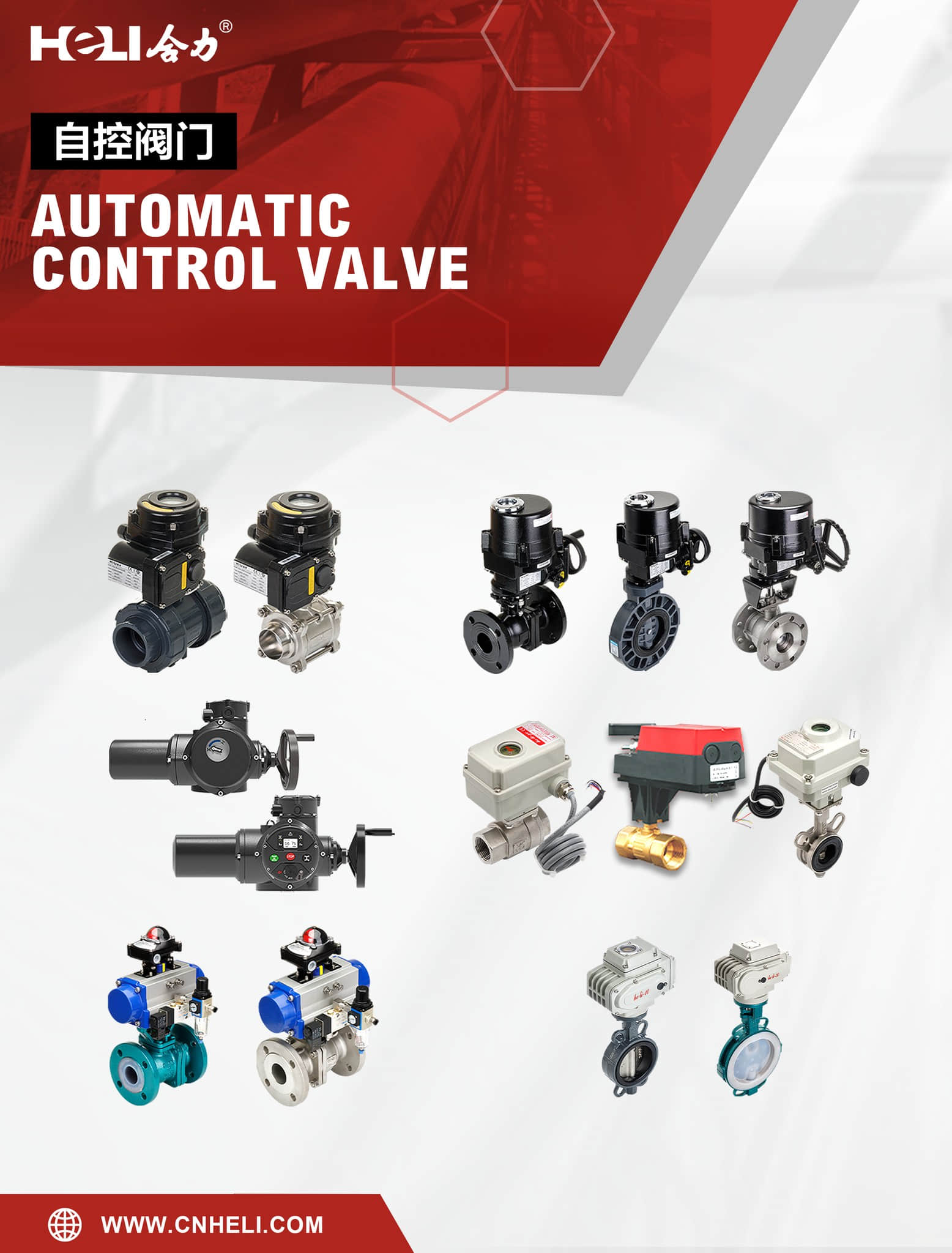understanding electric valves: revolutionizing fluid control systems
Release time:2025-01-02 08:07:31
Electric valves have become an integral component in various industrial applications, thanks to their precision, reliability, and efficiency. These devices control the flow of liquids and gases in a wide range of systems, from water treatment plants to chemical processing facilities. This article explores the fundamental aspects of electric valves, including their working principles, types, advantages, and applications.

What is an Electric Valve?

An electric valve is a type of valve that uses an electric actuator to control the opening and closing of the valve. Unlike manual valves, which require physical effort to operate, electric valves can be controlled remotely, making them ideal for automation and smart systems. The actuator receives signals from a control system, such as a programmable logic controller (PLC) or a remote monitoring system, to adjust the valve position according to the operational requirements.
Working Principles




